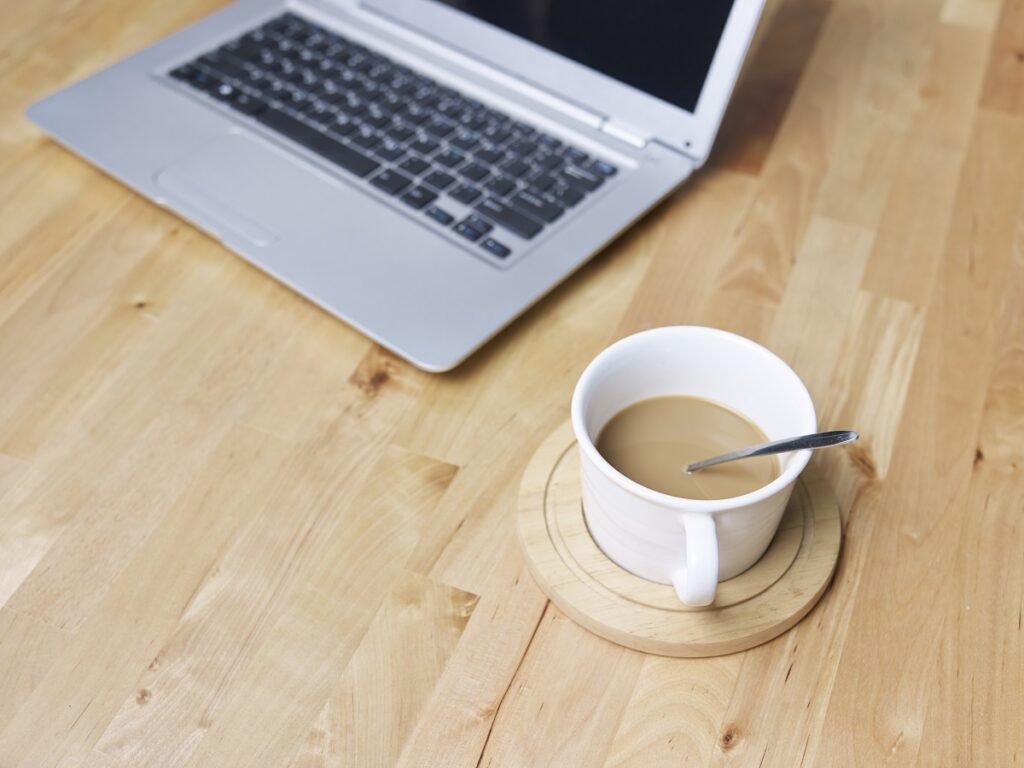Striking the perfect work/life balance can sometimes feel like an overwhelming task. The average day rarely feels long enough to get everything done and the pressure can have a negative impact on your professional life.
Personal goals sometimes take a back seat, but it is important to ensure they are not resigned to the bottom of the pile all the time. Luckily with a few simple resolutions, work can become more manageable and your personal development can stay on track.
Leave work at work
Technology has revolutionised the workplace, but it has also led to a blurring of the lines between personal and professional. The instant, always-available nature of modern communication makes it even more difficult to switch off, even after leaving the office. The first step to countering this is to separate home and work, and within work, segment projects into two categories.
- Actions – tasks that are linked to specific deliverables or requests from colleagues
- Goals – objectives that will further your personal development and career
To balance everything, switch off your phone and emails everyday for at least an hour to concentrate on your goals. Never feel guilty about making time for yourself as this focus will help you develop your skills, which will assist you and the business you work for more in the long run.
Working from home
The above can be particularly challenging if you work remotely or from home. To ease the process, keep work to a dedicated area in the house and pack everything away at the end of the working day.
When distractions become too much to cope with, try moving to a coffee shop.
When distractions become too much to cope with, try moving to a coffee shop. Coffee shops are great spaces for staying productive, as explored by a University of Illinois study. The report found that the level of noise that matches the bustle of a coffee shop is the perfect amount to stir your creativity. Consider this location your own dedicated development space where you can concentrate on projects that will help you progress with your goals.
Do not forget that working remotely can sometimes result in longer hours as it feels easier to keep going. Learn to finish at a reasonable hour and make time for your family and friends. Maintaining a healthy work/life balance improves every aspect of your life.
Taking breaks
It is perfectly acceptable to take breaks. Stepping away, even for a few minutes, to clear your mind can provide clarity on a specific situation. A recent report from UK Health and Safety Executive revealed 28.2 million working days were lost to work-related ill health, while work-related stress accounted for 40% of all work-related illness.
The UK works the longest hours and takes the shortest lunch breaks in the EU.
Stress is the negative reaction that occurs when demands exceed your ability to cope. It can hit anyone, at any level of business. Exercising regularly and getting plenty of sleep will help ease stress, but it is equally important to carve time for personal reflection so you can work out what to change and prioritise in your professional life.
As a nation, the UK works the longest hours and takes the shortest lunch breaks in the EU. Working longer does not necessarily mean working better. Sometimes we feel under pressure from colleagues, but many of us put unnecessary pressure on ourselves to work relentlessly until the job is done. Overworking is ineffective as it can lead to exhaustion, so definitely utilise the time away from your desk.
This also applies to annual leave. You might feel guilty about stepping away, but ask yourself, ‘will what I am working on fall apart if I go on leave for one week?’
In the majority of cases the answer will be no, especially if everything is planned out well in advance. Taking some time away from work to relax and unwind is beneficial to both you and the company. You will come back refreshed and be ready to strive forward with your personal development.
Effective time management
It is a commonly quoted fact that the human brain uses its energy reserves in 60-90 minutes. Studies have shown that multi-tasking is less efficient than completing single tasks sequentially. Planning your day is crucial and spending time at the end of the day planning tomorrow will allow you to create a manageable schedule.
Try to understand your personal energy cycle as well. If you work best in the morning, schedule the most important tasks then. It is also wise when prioritising everything to assess how each task impacts your own personal development.
If your workload mounts up it is easy to lose sight of where you are heading. Creating a short personal development plan can prevent this from occurring. Personal measurement is sometimes all you need to give your career a boost and to drive forward to higher heights for success in the future.






